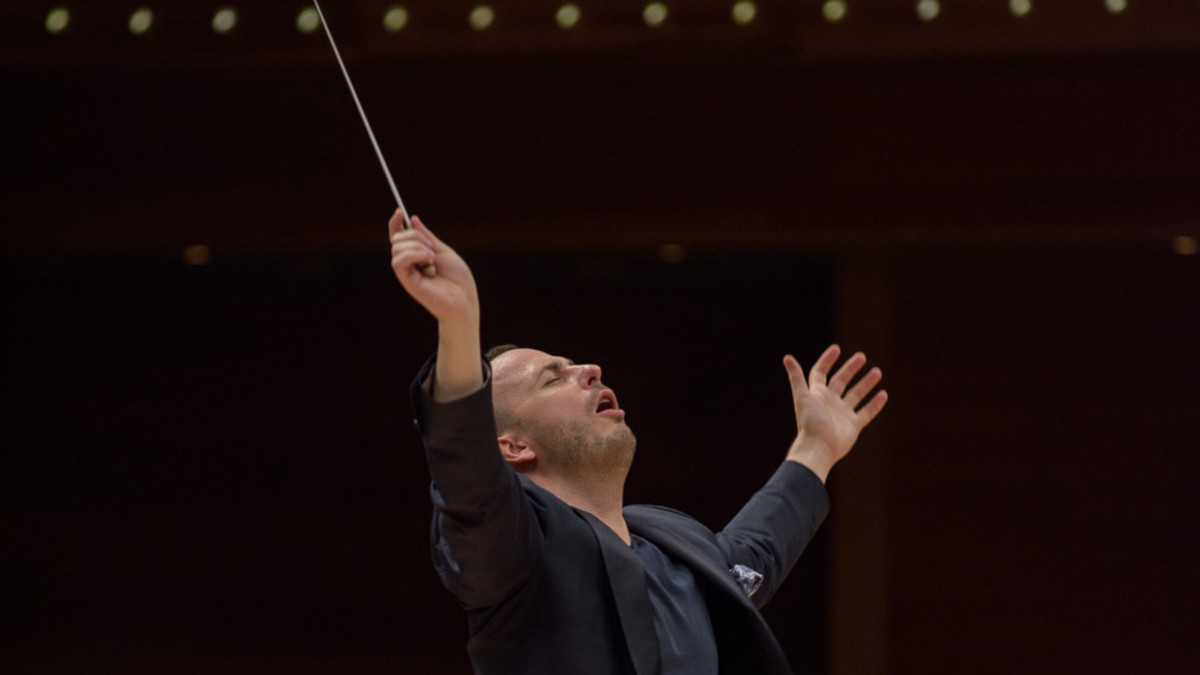Mozart’s “Haffner” Symphony: Music of Celebration
A new commission was the last thing the 26-year-old Wolfgang Amadeus Mozart wanted in the summer of 1782. He had just moved to the musical mecca of Vienna, shaking off the provincialism of his native Salzburg and its “coarse, slovenly, dissolute court musicians.” In addition to a busy teaching and composition schedule, he was getting ready to move to a new house in preparation for his marriage to Constanze Weber. But in July, 1782, …







